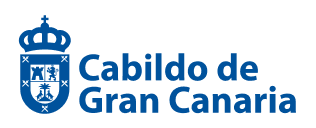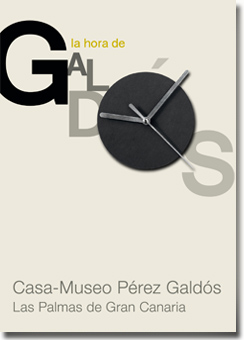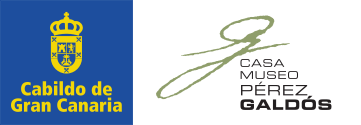GALDÓS Y EL SER MENTOR / GALDÓS AND MENTORING
Palabras clave:
Galdós, Balart, mentor, maestro, La Nación, La PrensaResumen
«Mentor» y «maestro» a menudo se emplean en la crítica literaria como si fuesen sinónimos, aunque el último vocabo conlleva un sentido de compromiso personal de parte de un escritor establecido de compartir sus conocimientos con un neófito. A Pérez Galdós le consideraban los jóvenes escritores de la Generación de 1898 como su maestro si no a su mentor. Igualmente, Galdós siempre reconcían a sus maestros (Balzac, Dickens, Mesonero Romanos) y a los colegas, Pereda y Alas, de quienes siempre aprendía mucho, pero sin identificar a ninguno como su mentor. Hasta que en 1973 se descubrió por primera vez que en un artículo escrito para La Prensa de Buenos Aires en 1894 el mismo reconoció sin ambages y con eterna gratitud al que había sido, definitivamente, su mentor en la Madrid de 1866-1867: el insigne crítico del arte y de la literatura, el murciano Federico Balart. / «Mentor» and «master» are often used as synonymous terms in literary criticism, although the latter suggests a greater personal commitment by an older writer to share his knowledge with a neophyte to the profession. Galdós was regarded by the Generation of 1898 writers as their master but not as their mentor. For his part, Galdós also consistently recognized those writers he considered his masters: Balzac, Dickens, and Mesonero Romanos, but without acknowledging them as his mentors. He was publicly forthcoming too about what he had learned from his colleagues, Pereda and Alas. It was only discovered in 1973 that Galdós had, indeed, had a mentor in his youth, whom —in an article he wrote for La Prensa de Buenos Aires in 1894—he identified as the eminent critic, Federico Balart. According to the eternally grateful Galdós, he was both a mentor and master who laid the foundations of his understanding of literature and art in their many tertulias during 1866 and 1867 in Madrid.




